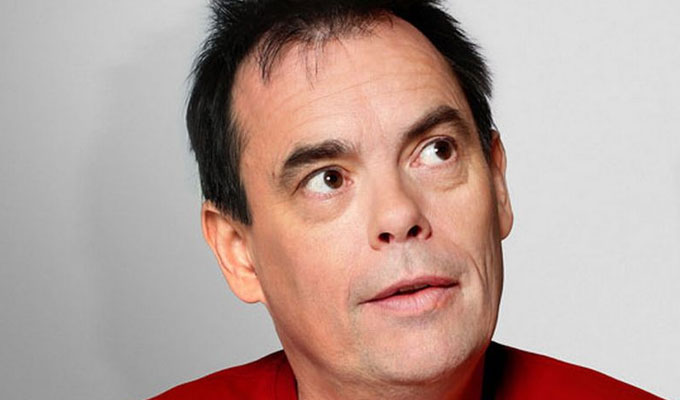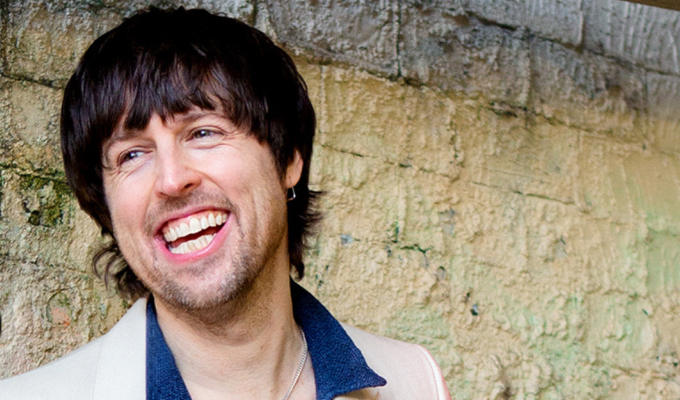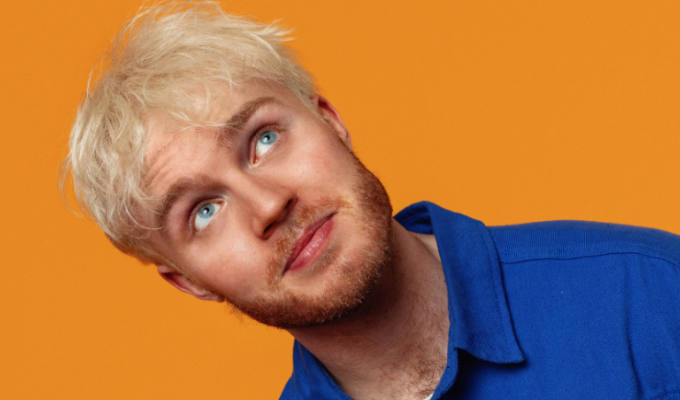Value added comedy
Giacinto Palmieri on what separates good stand-up from bad
In his Correspondents column last week, stand-up Andrew Watts expressed some surprise that a routine in his Edinburgh show about Richard Dawkins's ‘weak epistemology’ received more praise from critics than other more obviously funny routines.
He attributed this to critics’ preference for ‘difficult’ comedy, which offers them more to write about. There is probably some truth to that, but as a non-critic who watched his show and loved that routine I think that there is something else too, which goes to the heart of what separates ‘good’ comedy from ‘bad’. I'll call it the ‘added value theory’ of comedy.
Let me explain it by taking an example from the other extreme of the spectrum. Some time ago The Guardian published a series of foreign language phrasebooks, which contained examples of conversation that were obviously tongue-in-cheek and played ironically with the stereotypes associated with each country.
This didn't stop one comedian from reading one of these conversations during his set, trying to get a laugh from its sheer implausibility. In that exercise there was no comic ‘added value’.
‘Found comedy’ of course is more than legitimate, but it's really funny only when what is found was not comedy in the first place, so maybe it should be called ‘redeemed comedy’. In the same way, what makes Duchamp's urinal the best example of ‘found’ or ‘redeemed’ art is that a urinal is one of the least artistic objects you can think of. It's true that Duchamp also ‘found’ the Mona Lisa, but not without adding a moustache and goatee.
Let me take another example from my own Edinburgh show, this time hopefully on the positive side of the spectrum. I have a routine on the subject of English ‘phrasal verbs’ (turns of phrase in which a verb is followed by a preposition to make a new verb, eg ‘show off’), which is probably not the one that gets the biggest laughs. However I'm quite proud of it.
Every laugh I can get out of phrasal verbs for me is worth much more that any laugh I could get out of, let's say, ‘dicks caught in zips’, to quote Stewart Lee's brilliant deconstruction of bad comedy. Some people told me after the show that they learned something they didn't know about the English language, but that, of course, has never been the point. What they probably meant is that they learned to laugh about something new, something they didn't know they could laugh about. If that is the case, then I claim it as a success.
But, you might argue, why is that a good thing? For the same reason why innovation is a good thing in the arts in general. Because it opens new ground, allows us to see things in a new perspective, keeps us challenged. Everything that is popular now, like Impressionist art or Romantic music, was once difficult and challenging. Someone had go there first, if only popular art was encouraged the popular would never have had a chance to emerge.
Andrew Watts's epistemology routine is probably less obviously funny than, let's say, his routine about how to reply to tricky questions from your partner. This, however, is the very reason why he should be more proud of it. Maybe one day epistemological flaws will be the new mothers-in-law. In the meantime, I wouldn't object if Andrew received an Arts Council grant to encourage his exploration.
Published: 7 Dec 2009






